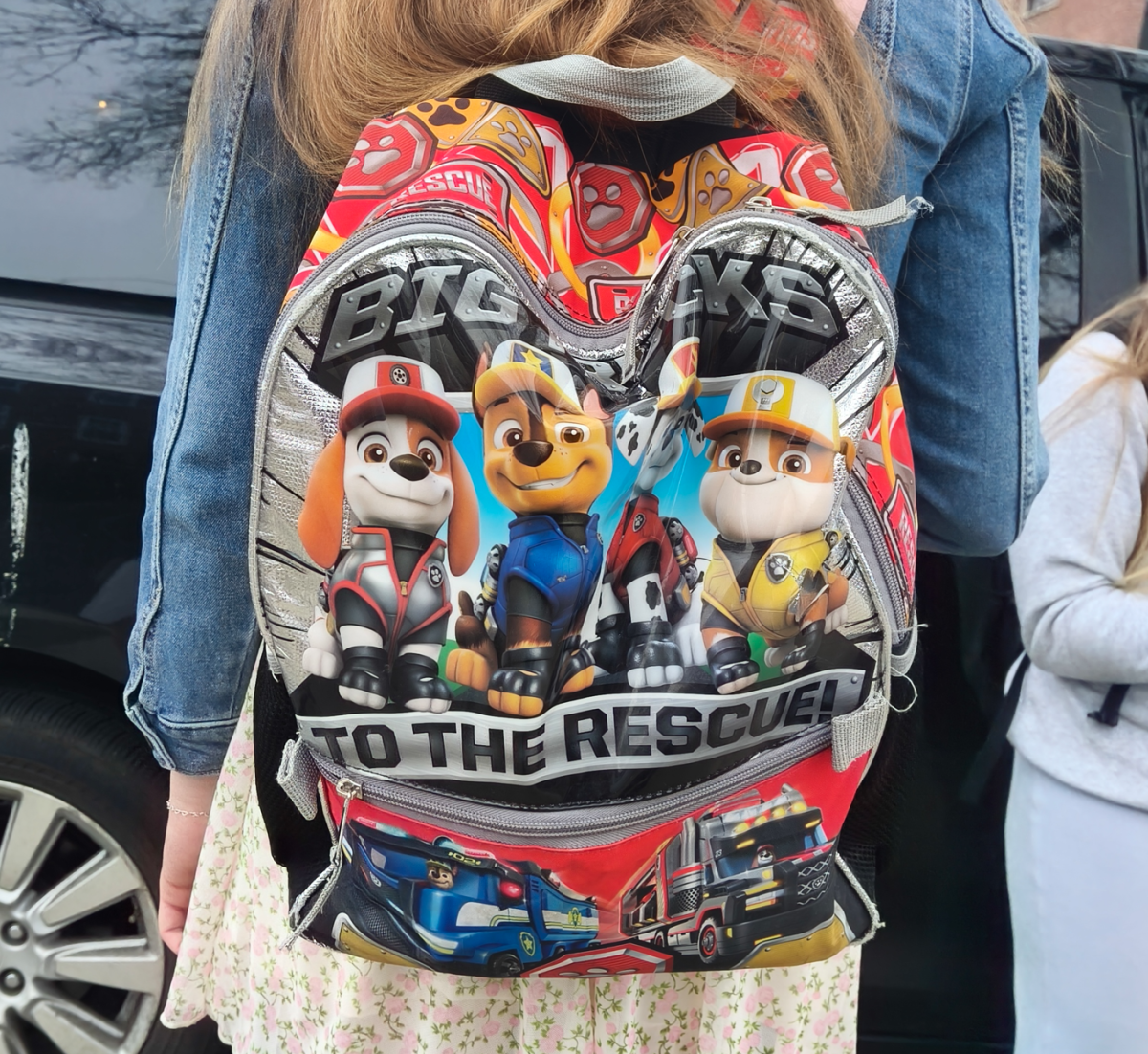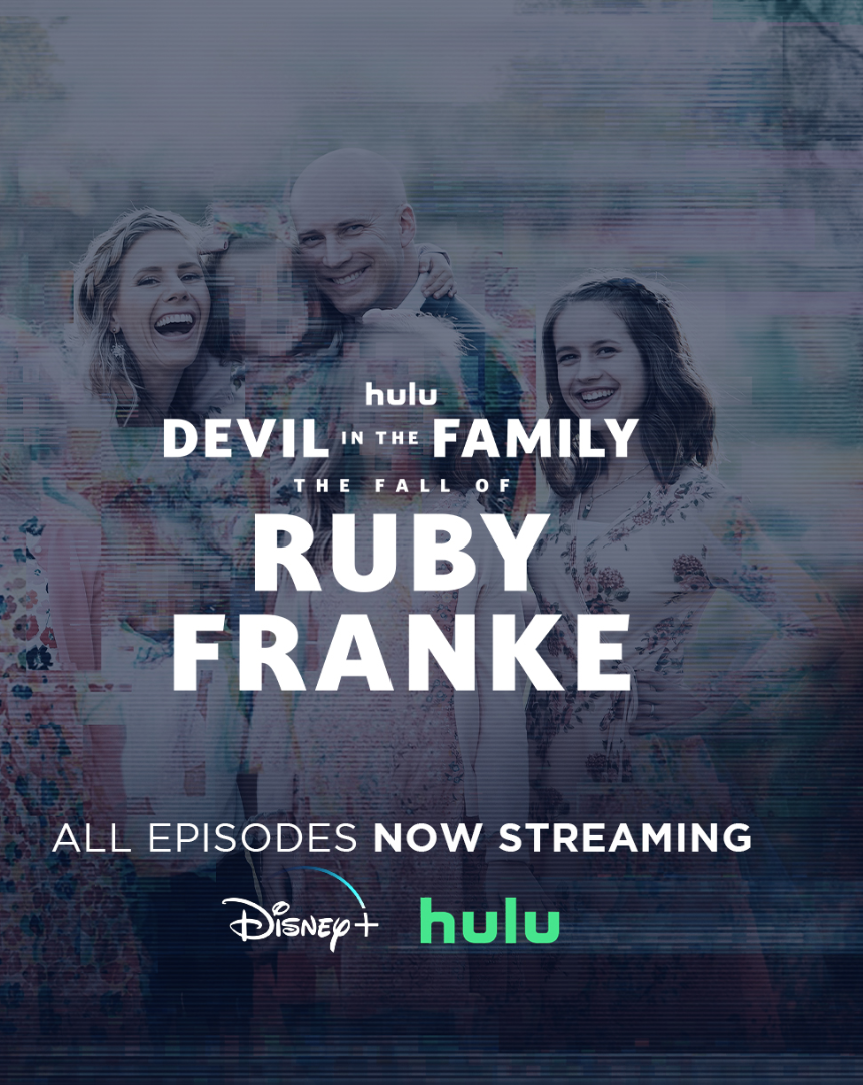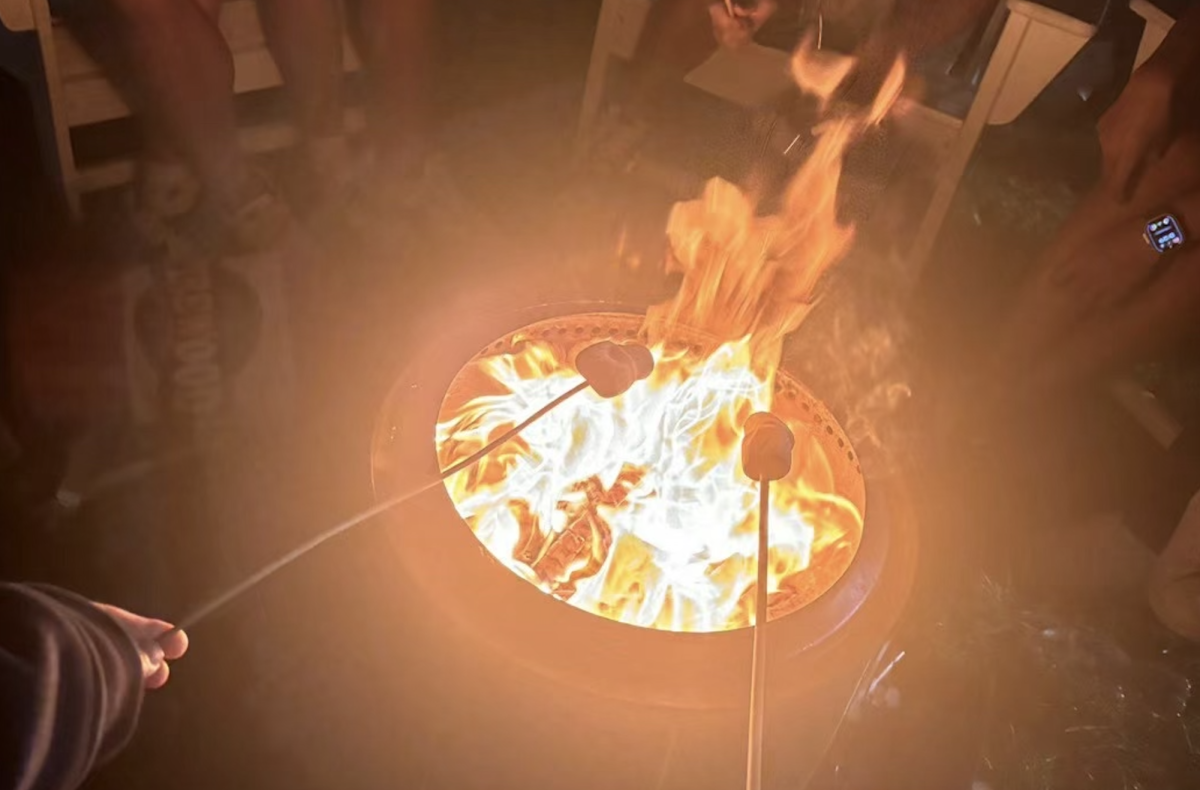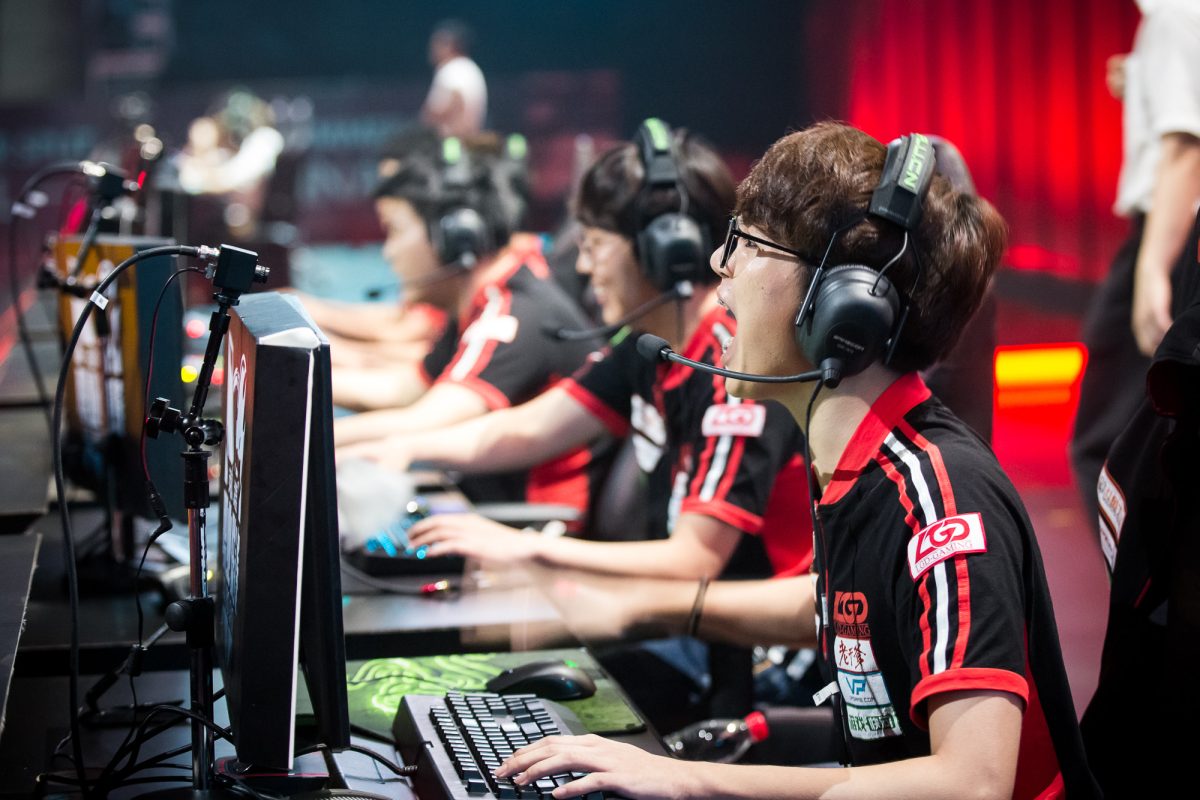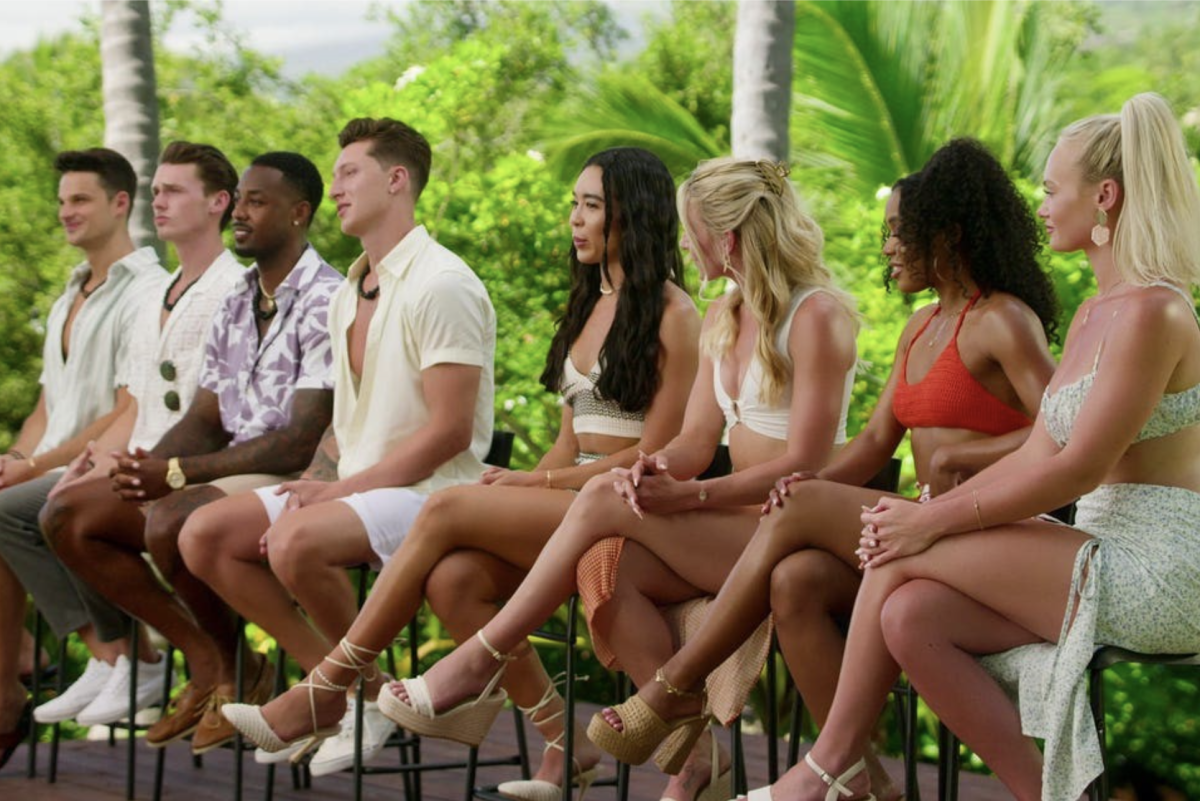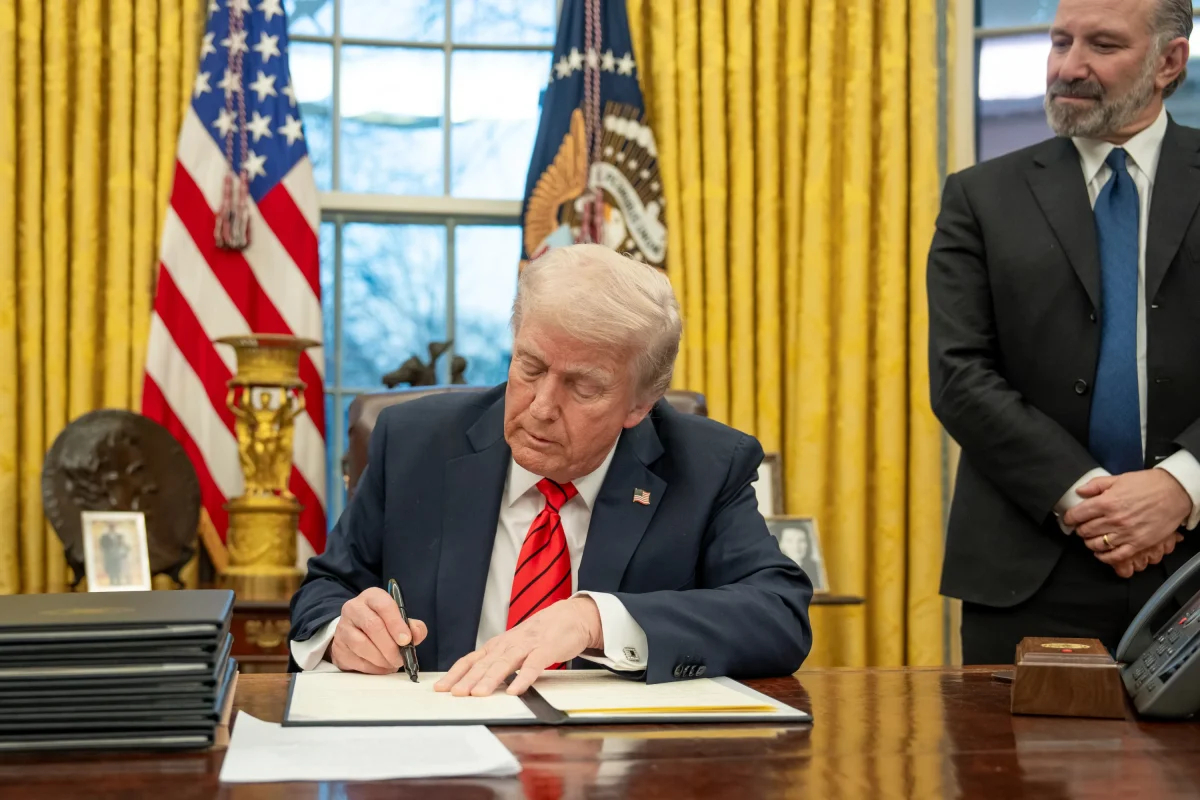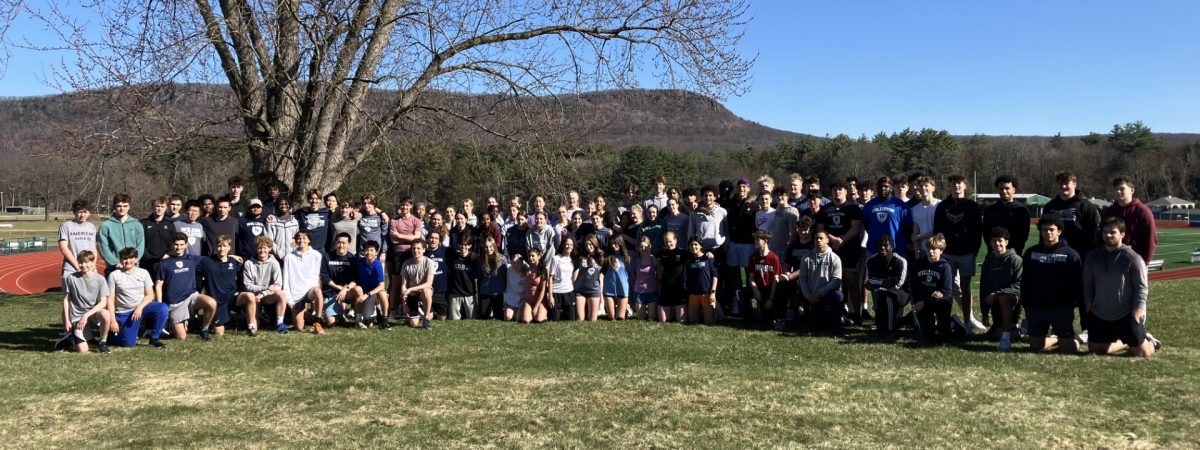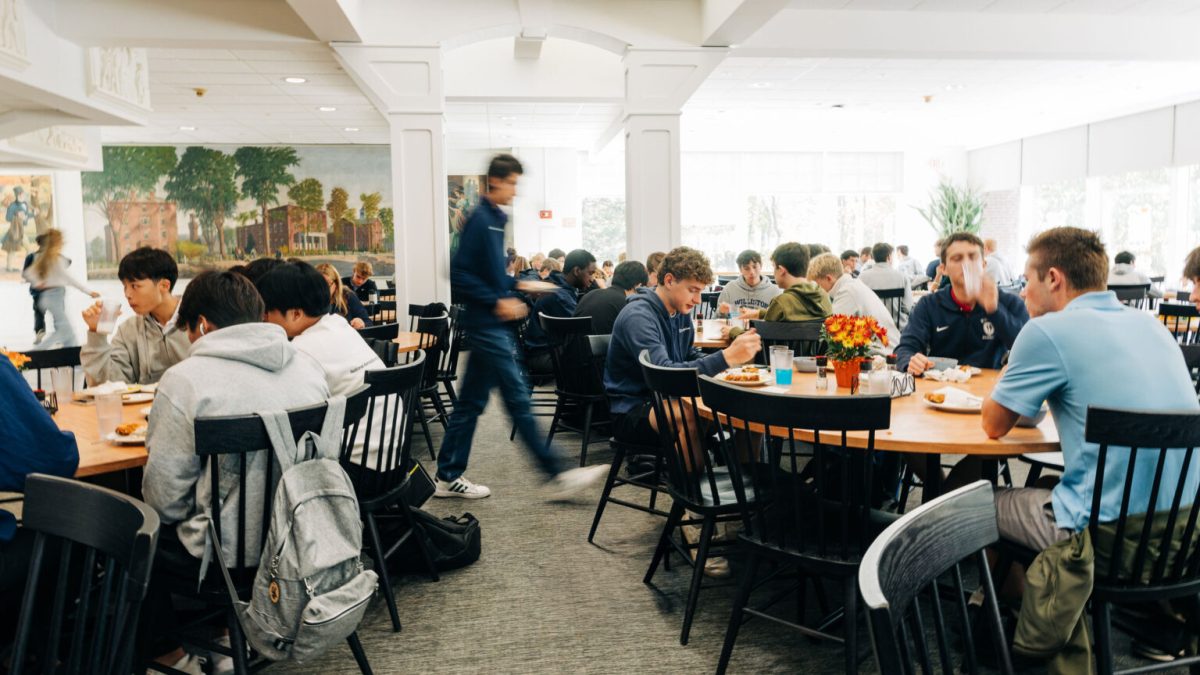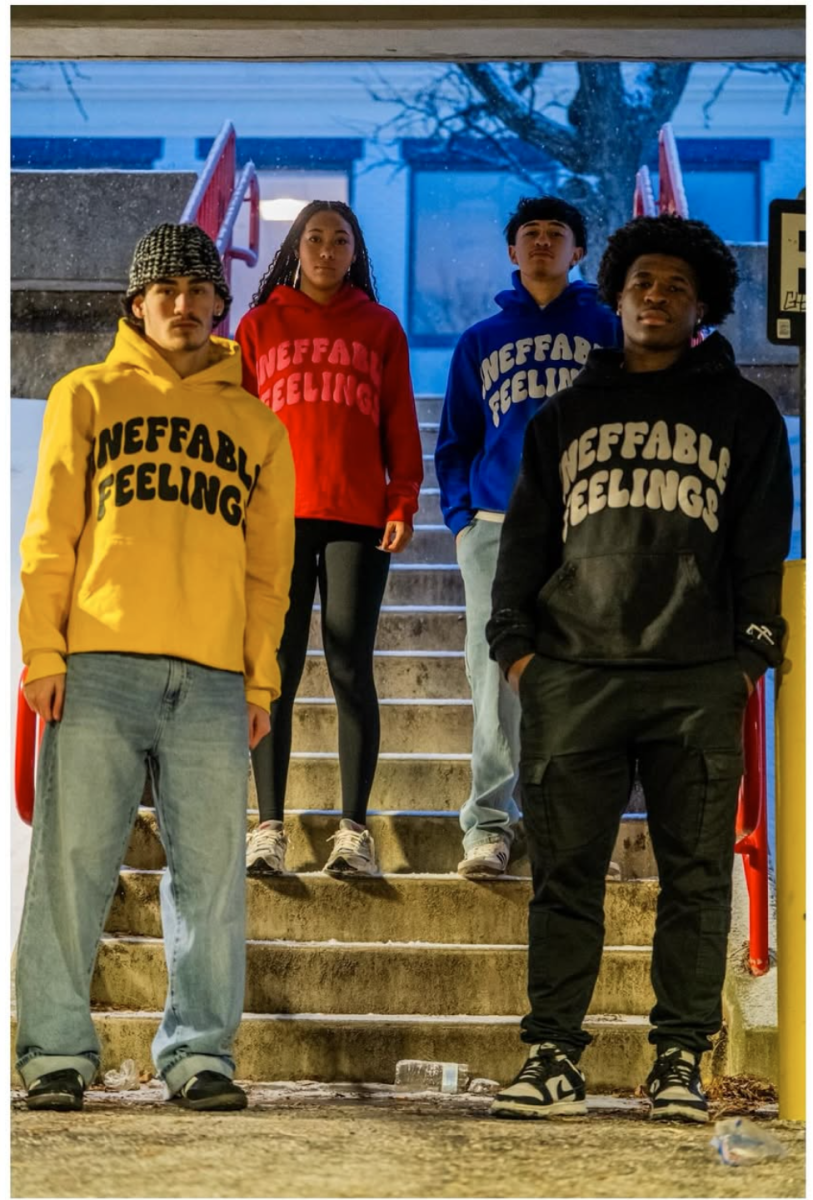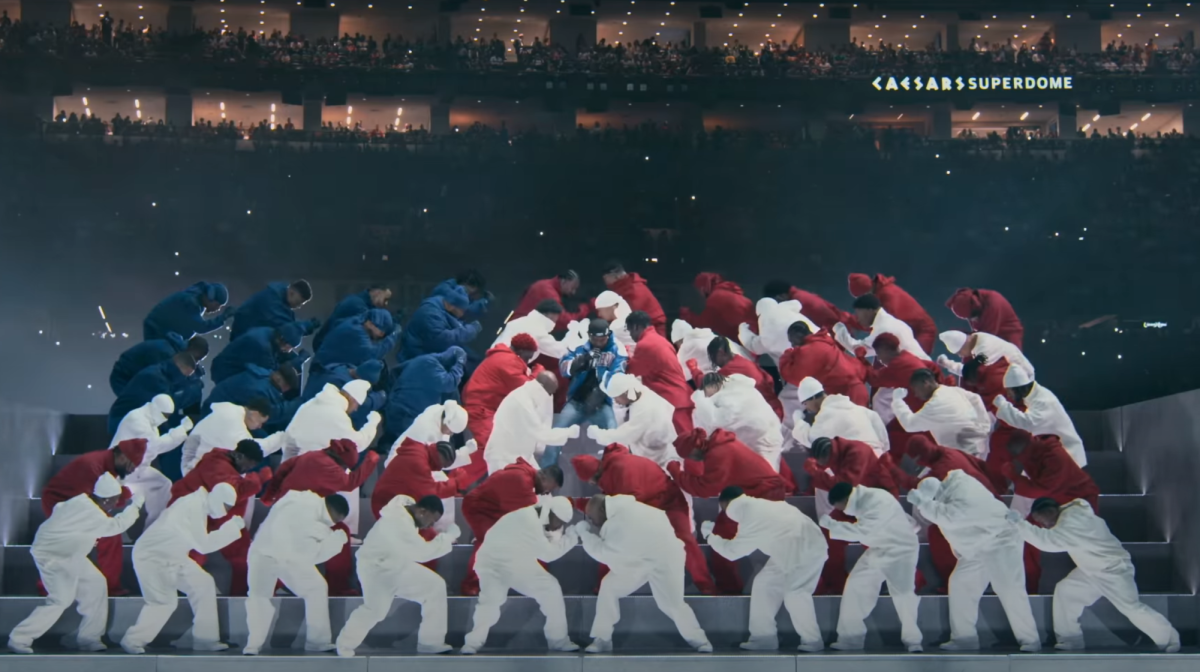It was official: the once-“Musical.ly,” time-consuming, Gen-Z culture-defining app, TikTok, was going to be banned in the U.S. on Sunday, Jan. 19, 2025.
After a long, U.S. government-led debate about whether or not to allow the Chinese-owned social media platform to continue to operate on American soil, the Biden administration decided that the threat to national security takes priority over the First Amendment right to freedom of speech, expression, and the press. During the past few weeks, American TikTok users made no attempt to hide their frustration and disappointment regarding the ban, complaining and reminiscing on the soon-to-be illegal app itself — only for the app to return to its functioning self 12 hours later, around noon on Monday (Jan. 20).
The concern that TikTok’s parent company, ByteDance, extorts the private data of American citizens through the app was first expressed in December 2019. At the time, no lawful restrictions were levied, but the Pentagon recommended that all U.S. military personnel delete TikTok from their phones, personal or work.
A month later, in January 2020, the Pentagon banned the app from all military phones. Since then, worries about the app’s threat to national security have not been raised as much, and TikTok has only grown; in popularity, in its features, in its ability to turn regular people into pop stars, influencers, actors, and more.
Whether TikTok takes up three or zero hours of your screen time, there’s no doubt that it has impacted the world around us. From transition TikToks at Convocation or the Winter Banquet, to pre-game dances, to hearing the phrases and slang on your For You Page said by friends, family, and students, TikTok has crept into the lives of Gen-Z and continues to rule it.
Considering the amount of influence TikTok has on the lives of Gen-Z kids, it is no surprise that they are reacting so dramatically to the ban… is it? There are several other scrolling platforms that one can access with just two clicks, including but not limited to Instagram (reels), YouTube (shorts), and X (tweets). So what makes the loss of TikTok such a big deal?
Scarlette Graybill, a junior boarder who has had TikTok since 2020, finds that the features, trends, and common demographic on TikTok make it the most enjoyable social media app.
“I really love how I can be active and keep up with my friends while also learning fun dances, and I also like how my For You Page is suited to me with what I’m personally interested in. I think that TikTok is different than other social media like Snap, Instagram, and Twitter because I find it more interactive, and I feel like it has more younger influencers, which I personally find more relatable, and again, it’s very personalized to my likings as well as I have the ability to create content myself that could be relatable for others,” says Scarlette.
“What I like about TikTok is that it’s mainly used by Gen Z, so it’s kind of like an outlet where you can talk to people your age or connect with people your age and there’s, like, there’s not a weird gap where you feel like the content you’re being given isn’t suited for you,” says senior day student Ava Howard.
Scarlette and Ava both also stated that the app has taken a role in shaping their humor.
“I really have the same kind of FYP as a lot of my friends, which has a lot of like, funny, sarcastic memes I guess, or pictures, and I do catch myself saying those phrases and repeating them,” Scarlette says.
“It’s so funny. I couldn’t count on both hands the amount of times I say, “Is that hyperpigmentation?” in one day,” Ava says.
Ava is referring to a currently trending video on TikTok where a daughter has drawn a terrible portrait of her mother, and her mother, trying to make her feel better, asks if one of the circles drawn on her face is hyperpigmentation.
So, TikTok is a distinct, specialized form of communication among Gen Z. Still, almost every TikTok user and even non TikTok-user can agree that the app is extremely addictive. Students seem to agree that the successful TikTok algorithm is the top factor in TikTok addiction.
“Like, everything is kind of catered to, I think the humor that our generation likes and enjoys,” Ava says. My last weekly screen time was 5 hours and 44 minutes, and 5 hours of that was on TikTok. I think that’s because short form content, it’s so easy to take in a bunch of it at a time, and then that leads to just like scrolling for hours.”
“Especially when you have a For You Page that caters to you, you’re going to keep getting video after video of things that you like, and so there’s no incentive from the app really to try to break you away from that, which leads to kids with crazy screen times or just like, hours doom scrolling on TikTok.
Jake Smith, a senior day student, is one of the few teenagers who does not find himself scrolling on the app every night, but still understands the TikTok addiction common within Gen Z.
“I like the variability, you could see anything at any moment, but the algorithm is definitely more catered to what you’re interested in, more than IG [Instagram] which is random stuff, check a profile or like some videos stuff like that shows up I dislike how it’s easy to get addicted to it, much easier to stop scrolling than it is on IG.”
Still, Jake has done something the majority of Gen-Z can’t seem to muster up the strength to do – delete TikTok, at least for a little bit.
“I have TikTok in little spurts, probably a week at a time, probably had it downloaded 4 times in the last year… you can classify me as a non-TikTok user,” he says.
“[I deleted it because of] the fact that I didn’t need it in my life, reels [Instagram] just fulfills my doom scrolling needs enough. I didn’t need two scrolling apps, I also need Instagram because I post on it, I would never post on TikTok.”
Jake’s take is not anywhere close to the general feeling regarding the TikTok ban, but squeamishness at the thought of losing TikTok isn’t all about memes and scrolling for some.
“I was just really nervous that I’d lose all of my memories ’cause I’ve had TikTok for five years and I have a lot of good videos with me before the pandemic that I really would not wanna lose.” Scarlette says. “I also feel like it’s definitely a way that I keep in touch with a lot of my friends — by finding relatable content and sending it to them.”
All factors considered, the dramatic reactions of TikTok-users may be valid. However, the return of the app revealed some political undertones that otherwise had been overlooked.
A deeper thought came to Ava after seeing TikTok start to work again.
“Literally on the 19th (January) at noon, that’s when the app starting working again. And that’s when I realized that I should have stuck with my gut and realized that this is all just, it’s a plan much deeper than taking an app away from people. It’s a ploy to make one man look like the hero of the story when he’s not. And if you know, you know.”
A Generation-Defining App Goes Dark … For a Day
0
More to Discover





